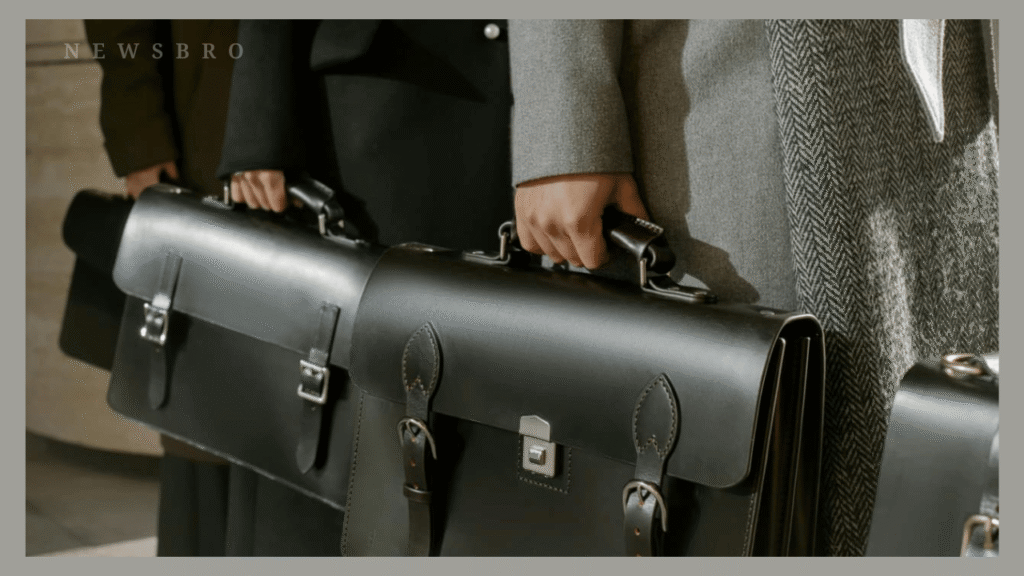Successful meetings and trips do not happen by chance, but through a lot of careful planning and taking care of the smallest things. Like booking the hotels in the center of the city, and arranging efficient transport, and since every detail matters, strategically planning the entire trip will ensure the best possible outcomes.
Start With Clear Objectives
Before going on the trip, you need to set clear objectives for why you are traveling for the trip. The meetings could be with high-stakes clients, or pitching to potential clients, or even team strategy sessions, and since all these meetings serve a different purpose, and a different level of importance and priority, knowing your objectives will help you figure out other things and shape how the trip will look, including flights, accommodation, and even the places where you will be meeting for coffee, work, or dinner. Having a clear purpose and objective in mind will also clear your mind on what you need to do.
Consider Flexible Travel Options
One of the most important things about going on a business trip is to manage your travel and do it in such a way that it matches your budget, as well as your requirements. So obviously, if you are meeting a high-profile client and are a senior executive of your company, then it would make sense to prioritize your comfort and travel in a private jet rental or a business class rather than the stuffy economy class. It may be a bit expensive, but the ticket seems meaningless when you manage to score a huge deal, with around 30 to 40 percent of private jets being used for business travel. If you are going as a team for a team-building activity, then you can take a commercial flight, or if your company has the budget, rent a private jet. In this way, you can see your circumstances and decide on which transport mode suits you best,
Streamline Ground Logistics
While transport to the city or country you are travelling to is done by air, you also need to figure out how you will be travelling within the city. You can book a car and a driver to travel around the city, or download Careem or Uber, or whatever apps the locals use to book a ride. In some cities, it is advisable to use a car, and it is much preferred that you use the train or metro, which makes you reach your destination much faster and conveniently, and saves you from heavy traffic. Of course, for this, you will have to do your research so that you know the traffic conditions of the city you are staying in, and what is the best means of transport. You can also learn about routes that have less traffic so that you can reach your destination faster.
Balance Work and Recovery
When you have reached the city, remember not to overexert yourself. It would be very disappointing if you travel and come from a different country to meet clients, and fall sick, and are unable to present to them. So, while you attend meetings and talk to clients, take out some time for yourself. Go out for a walk and visit some nearby attractions. Also, make sure that you get good sleep and rest, and that your accommodation is safe and comfortable so that you get a good night’s rest.
Build in Contingency Plans
There are hundreds of things that can go wrong when you travel, but do not let mishappenings get to you. Tackle them properly so that they do not become distractions from your main work. You should learn to be flexible and accommodate the change rather than making it ruin your trip. For example, you can get travel insurance beforehand so that if your flight gets canceled or delayed, or you lose your luggage, your insurance covers it for you. You can also get medical insurance, as it is very common to get sick in a foreign country.
Conclusion
When taking a business trip, the smallest things matter, and by starting with setting clear objectives, you can ensure that you are off to a good start and know your goals for your trip. Then, you can book relevant accommodation, flight tickets, and meeting spots.

